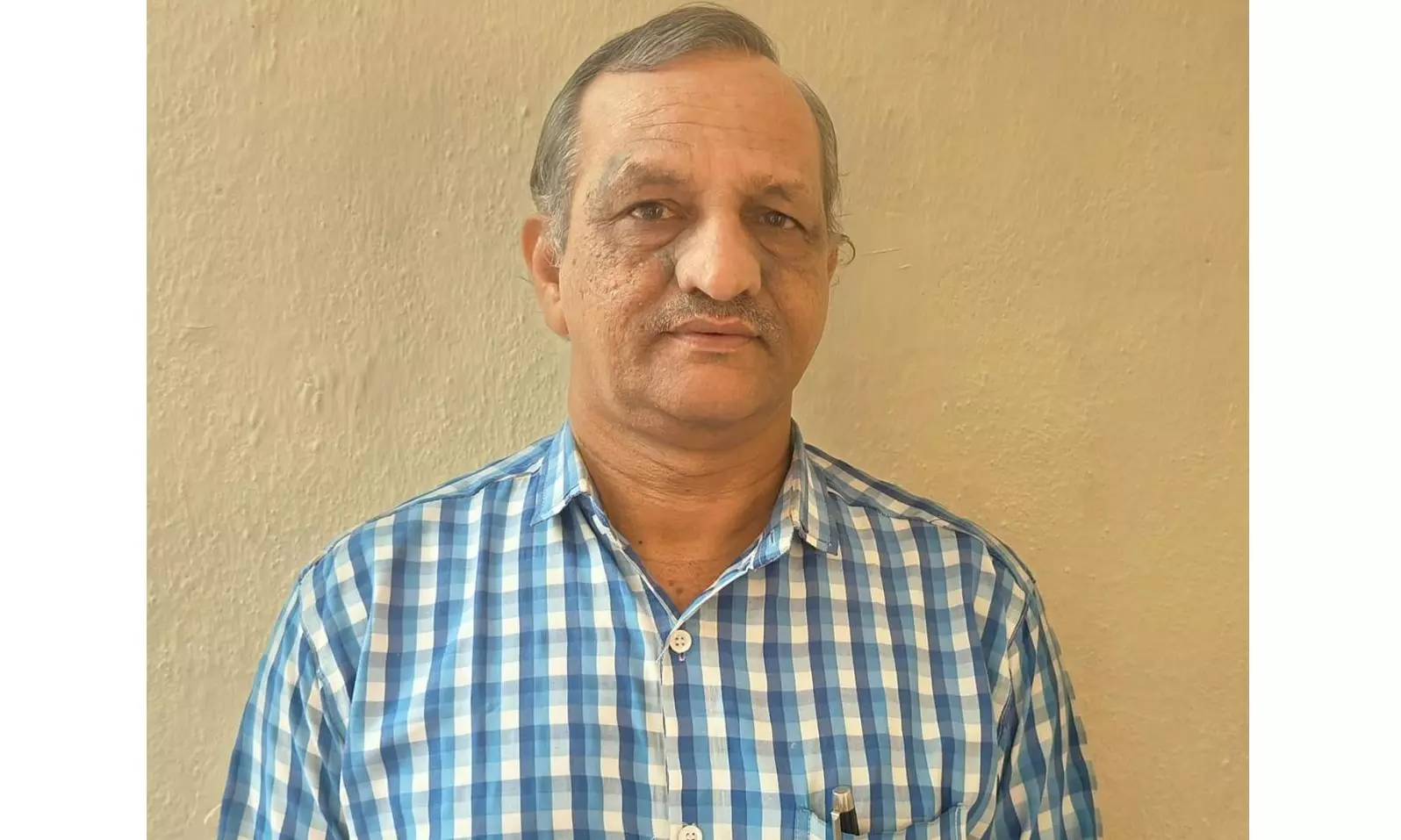Pollution plunges Coringa Wildlife Sanctuary

Kakinada: Kakinada city and its surrounding areas are polluting the estuaries of the Godavari and ecosystem of the Coringa Wildlife Sanctuary through the discharge of untreated or inadequately treated waste water from their industries, agriculture and sewage.
This is having a seriously damaging effect on the local environment and human health. The ecosystem is changing and the economicvalue of resources is reducing, quite apart from the harm being done to the aesthetics of landscape and nature.
With Kakinada to be turned into a ‘Smart City,’ setting up of waste treatment plants is an urgent need for the protection of the ecosystem of the Coringa Wildlife Sanctuary and the estuaries of the Godavari.
According to environmentalists, the coastal environment near the Kakinada Urban area and the sanctuary are subject to contamination by waste water from the industries, domestic waste, urban storm water and shipping-related activities.
High concentrations of nutrients and microorganisms related to sewage contamination appear to be a major problem. Sewage contamination is occurring around coastal villages, religious tourism centres and sewage outfalls, the presence of pathogens being a cause for concern for their impact on human health while high levels of nutrients cause algal growth and degradation of environments.
“We observed algal blooms of Thallassiosira decipiens in Gaderu and Bacillaria paradoxa in South Bay. This is a symptom of increased nutrient levels and overfishing of herbivorous fish species. Extensive algae growth results in competition for space between the algae and other organisms, leading to overgrowth and preventing fish and other inhabitants from finding food and shelter,” said Dr K. Thulsi Rao, state project co-ordinator of the East Godavari Riverine Estuarine Ecosystem Foundation (EGREE), an initiative of the UNDP, government of India, Global Environment Facility and AP government.
He said that the sewage effluent discharge from both humans and animals into the marine environment was resulting in bacterial contamination of the waters.
Human pathogens that cause salmonellosis, typhoid fever, hepatitis, cholera and dysentery may be released in the water and transmitted to new hosts by contact or by consuming contaminated biota.
Both coastal waters and ground water will be contaminated, he said. The environmentalists say that fish wealth will also be contaminated and affect the human beings who eat it.

